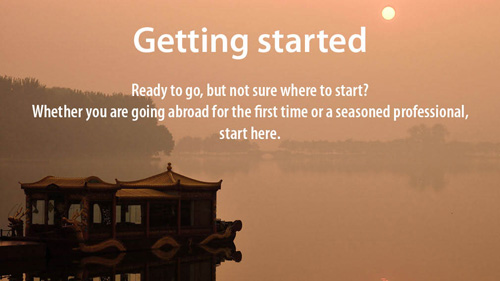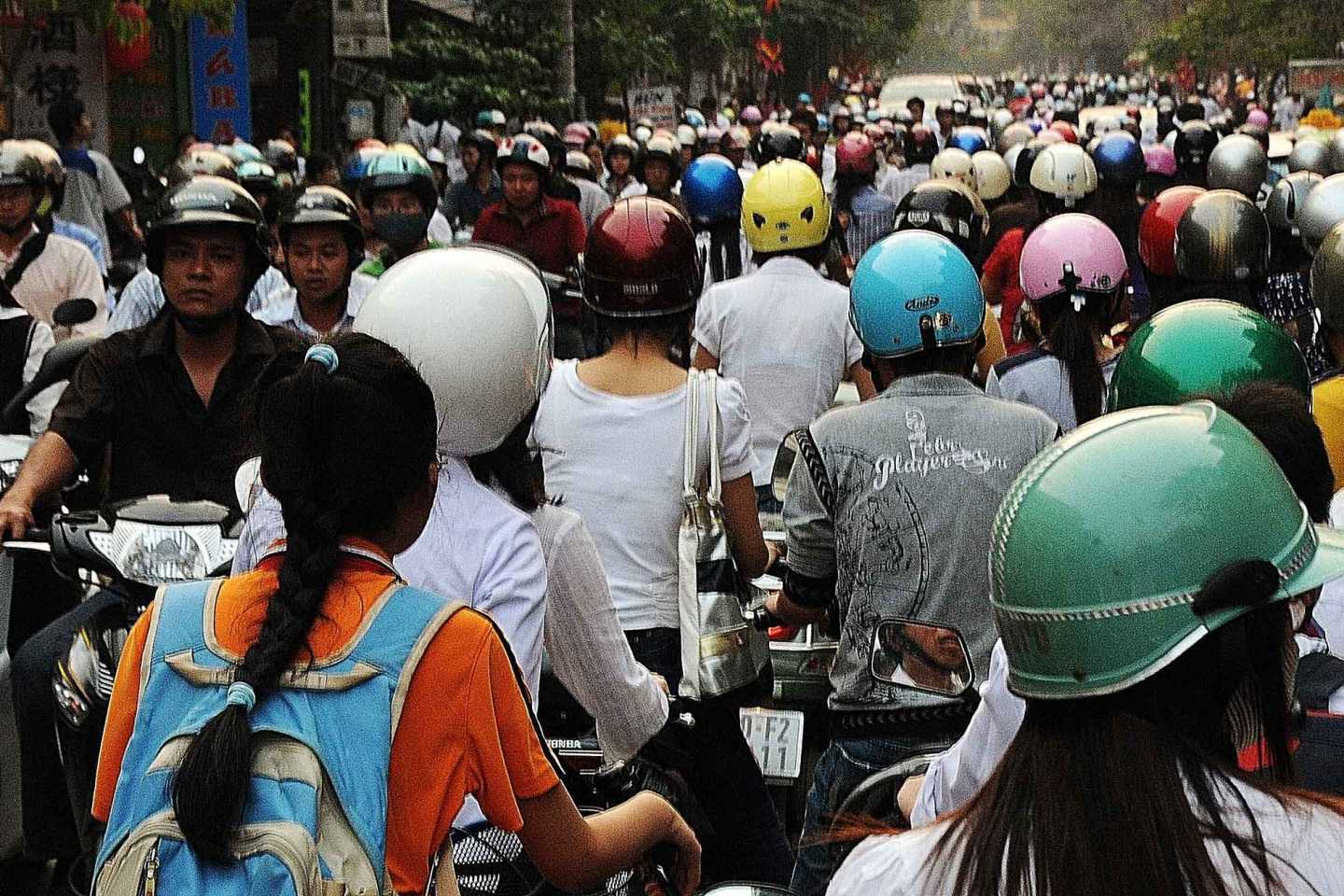Living in a foreign place can bring new health and safety concerns that you might not be accustomed to at home. A combination of research, common sense and trusting your gut is the best way to stay safe in any situation.
Health
Depending on your location, you may have had vaccinations as part of your preparations and may also be taking malaria prophylaxis. This will protect you from many, but not all, illnesses and there are some easy additional precautions you should take to stay as healthy as possible. Mosquito bites are a common form of transmission for a variety of illnesses, so do your best to avoid bites wherever possible by wearing long pants and shirts and using bug repellant, especially at dawn and dusk when mosquitos are most active.
One of the most common traveller complaints is mild gastrointestinal upset. This usually passes fairly quickly and your doctor may prescribe an antibiotic for you to bring with you as well as an anti-diarrheal to deal with some of these issues. To do your best to avoid this unpleasant experience, check out our suggestions below to help minimize your risk.
Tips for a happy stomach
Wash your hands: this might be an obvious one, but can sometimes be more challenging than you expect in locations with no running water. Hand sanitizer can work in a pinch but is not a great substitute, so try to wash your hands as much as possible when you can.
Avoid the salad bar: you might be craving fresh vegetables, but eating salads at restaurants can be risky. The safest options are items you can peel or boil. If you really want to make a salad for yourself at home, you can purchase special products to clean your fruit and vegetables thoroughly.
Frequent restaurants or food stalls that look busy: locals tend to know spots where the food is clean and chances are that it will be fresher if there are lots of people eating there.
Ask for drinks with no ice: depending on the establishment, ice may be made with unfiltered water.
Always drink clean water: this may mean purchasing water from trusted brands or using iodine pills if necessary. Plan ahead and avoid water you are unsure about. Be sure to brush your teeth with filtered water and keep your mouth closed in the shower!
Some sexually transmitted infections, including HIV, may be more prevalent in your volunteer location, so if you choose to engage in sexual activity please do so safely and use protection.
In addition to your physical health, it is very important to take care of your mental health while you are overseas. Being outside of your comfort zone in a new culture without a strong support structure in place can be stressful and challenging. If it is not dealt with well, it can have a detrimental impact on your health, performance and decision-making. If you are beginning to feel stressed out, recognize it, take steps to improve your situation and engage in healthy practices. Don’t expect too much of yourself early on and try to avoid both overworking and overindulging in things like alcohol, drugs and unsafe sex. Fostering habits that help you feel better – things like exercise, sleep, healthy eating, honest communication and a sense of humour – can help immensely.
Safety
Staying safe in a new location may require you to adapt your usual behavior and habits. Most but not all volunteer opportunities are found in relatively safe places, though petty crime may be more common than in your home country. Certain precautions may need to be taken to ensure a safe experience. The best source of advice for your specific locale will be your host organization, trusted locals and other volunteers.
Unfortunately, incidents do occur sometimes and it’s important to be prepared in case something does happen to you. You should have the local police number in your phone and photocopies of all your important documents. Develop a plan with your organization that outlines what you should do in the event that something does happen.
General tips for staying safe while abroad
Local advice is critical for staying safe, but there are some other actions you can take to minimize your risk while away.
Avoid drawing attention to yourself by behaving in line with local customs.
Review your map well before you leave and act like you know where you are going. Try to avoid looking lost.
Check to see if it is safe to walk alone, especially at night or if you are a woman.
Always carry a (cheap) mobile phone that is charged and has credit.
Only carry what you need for the day. Consider keeping your money split up between a couple of different pockets.
Keep your valuables in a safe or locked area and hidden at all times, and avoid wearing jewelry or expensive watches. Many crimes are ones of opportunity, so don’t make yourself a target.
Be especially vigilant in crowded hubs such as train and bus stations, markets, sporting events.
Watch the media for warnings.
Avoid large gatherings, demonstrations or political activities.
Exercise caution driving in cars and crossing roads. Traffic accidents are a major cause of death in many countries. Always buckle up!



